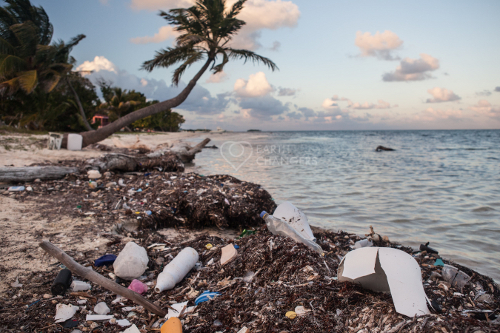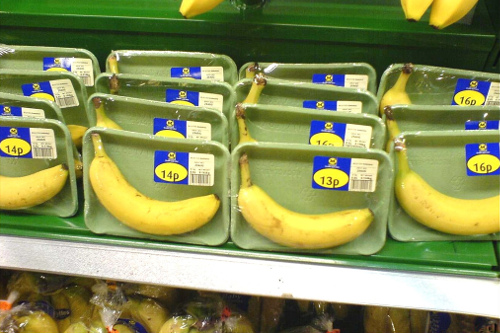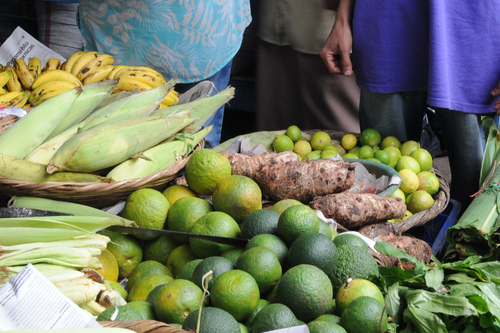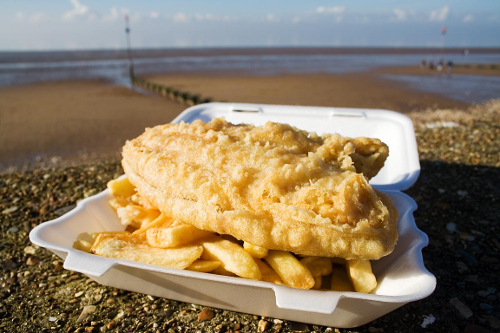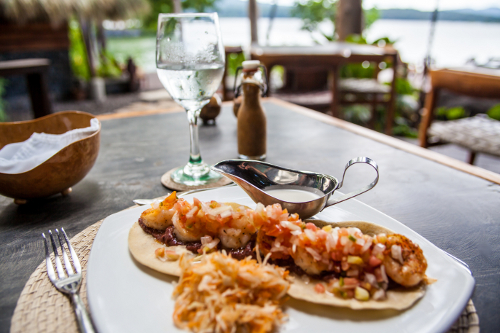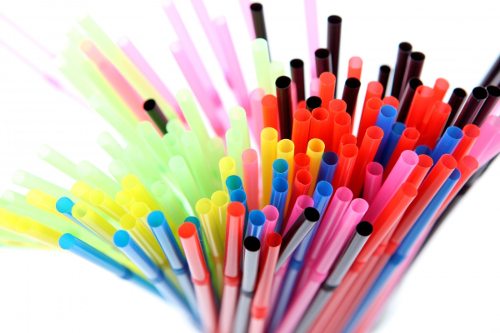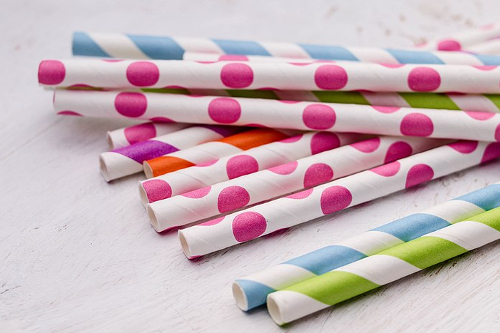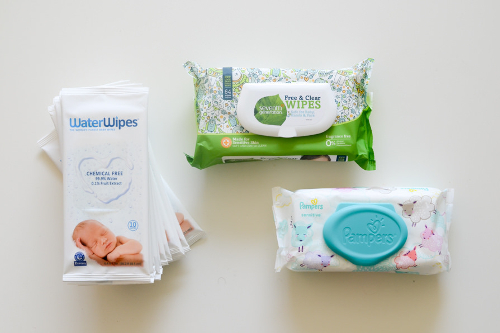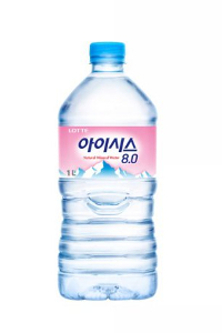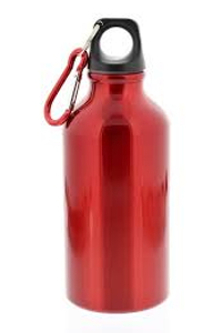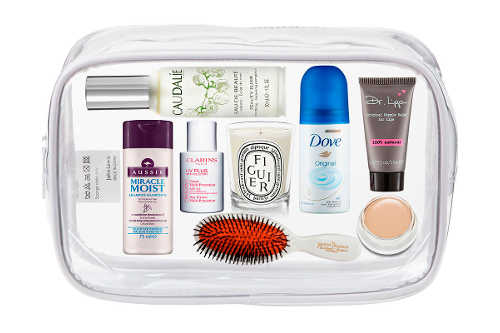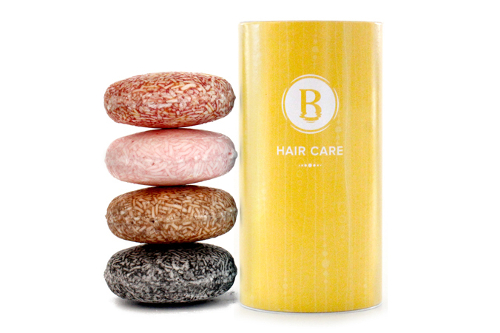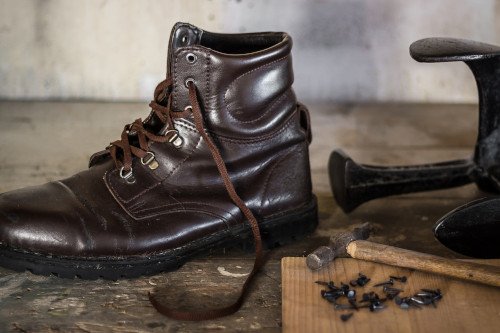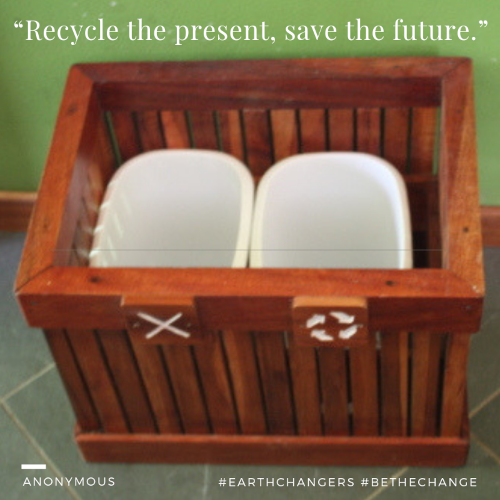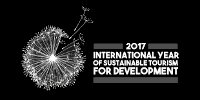Plastic-Free Travel: 6 Rs for more Sustainable Tourism
/Updated. First Published 17 January, 2018
Whilst governments are creating decades'-long plastic-free strategies and the UN the Global Goals for the sustainable development Agenda 2030, what part can we all play in helping cut plastic pollution, debris and the negative impact on our health?
Consumer power can truly create global change if we all shift our behaviour day to day.
6Rs for more Sustainable Tourism
You might know the old mantra of the 3Rs, but now consider these 6 Rs:
How can we #refuse, #reduce, #reuse, #repair, #repurpose, #recycle on our travels for more sustainable tourism?
In your packing, in destination, in your day-to-day behaviour, there's tons of small changes you can make to de-plastic your life.
#Refuse!
Refuse to buy food with plastic packaging > Buy instead loose and local!
TIP > Ask accommodations about their purchasing policies!.
For example, Lapa Rios in Costa Rica verify distributor environmental standards such as no plastic wrap, packaging and willingness to reuse recyclable containers as well as single stop delivery; Tiger Mountain Pokhara Lodge use vegetable crates to carry shopping.
Refuse to take out > dine in instead!
> or invest in your own reusable take-away tin box!
Refuse plastic straws & cutlery > do without or use bio-degradeable or reuseable alternatives like bamboo or metal.
> Lapa Rios and Jicaro Island made a policy many years ago to eliminate all single-use plastic straws.
> Nikoi Island use only bamboo straws, and carbonate their own water and make their own natural organic syrups for drinks too.
Refuse single serving sachets in restaurants (eg. ketchup, mayonnaise).
> suggest they stock bottles instead.
Refuse any complimentary hair or tooth plastic brushes > take your own wood or bamboo brushes.
Refuse products with microbeads > search for non-abrasive, or better, natural alternatives.
Refuse single use plastic cotton buds > use paper cotton buds.
Refuse to use wet wipes > use a cloth flannel instead.
TIP! > Disposable wipes don't decompose, include chemicals, micro-fibres and plastic packaging. Avoid use if possible, and certainly never flush them down a toilet.
Refuse disposable razors > invest in a stainless steel safety razor instead.
Refuse to smoke cigarettes > quit
TIP!: butts contain plastic as well as cigarettes being generally bad for health.
Refuse to buy new synthetic microfibre clothes > Do you really need more? If so, go natural
Refuse to flush any single-use plastics down the toilet - our water systems, into our oceans, are the worst place for them to end up, killing wildlife > If you have to have them, reuse and recycle.
> Following Hi Fly’s global-first single-use plastic free flight on 26th December 2018, thankfully airlines are finally getting in on the act and planning or switching to compostable packaging and bamboo cutlery! The more we refuse plastic, the more companies have to step up!
#Reduce
Reduce chemical deodorants, spf sunscreen and other personal toileteries packaged in plastic > use natural alternatives in a tin, jar (and cover up more) or even without packaging.
Eco-friendly accommodations reduce the plastics and chemicals you’ll find in their guest accommodation.
> Our partner in Nepal provides the biogradeable local hand-made soap on the right above.> Lapa Rios makes available biodegradable soaps, lotions, and shampoos in each bungalow and guests are strongly encouraged to use them. It’s not just a plastic issue, it’s also to reduce chemicals in the sensitive environment.
Reduce rubbish on beaches and in parks > pick it up to recycle or bin.
#Reuse
Reuse drink bottles, especially for water > Carry your own reusable (aluminium!) alternative.
> Tiger Mountain Pokhara Lodge supply flasks for you to fill and take out: By refraining from purchasing mineral water you help to reduce the approximately 100,000kg of water bottles per year, plastic which cannot be effectively recycled in Nepal.
> Jicaro Island Ecolodge avoided buying expensive plastic bottled water by installing a filtration system for the whole community to use Lake Nicaragua water instead.
Reuse bags > Carry a spare wherever you go, preferably cloth bags not plastic.
Reuse your own cup!
Reuse travel miniature bottle toiletries > refill from big bottles at home rather than buy new or better still, use naturally made shampoo / conditioner / soap bars.
#Repair
Repair via the “Make Do and Mend” campaign was advice issued by the British government in the second world war to help its citizens cope with rations. These days we have a wider perspective on scarcity - that of the world’s finite resources, and excess plastic in landfill: it makes sense to repair old non-plastic things if possible and not throw them away and buy new materials with plastic.
It might be even a win-win-win situation, for you, the planet, and small business support: If your hiking boots or your travel trousers are broken, take them to your shoemaker or tailor and support local businesses in the process, while making it cheaper for you and saving the planet from more landfill.
Repair over re-buy policies, if you’re in a position to influence beyond home such as an accommodation or an office, need understanding and buy-in from staff.
> Marcus Cotton from Nepal points out effective achievement is only possible if all stakeholders (staff, guests, suppliers, community, authorities…) are fully informed, understand and take personal responsibility for policy, "Personal choice and drive through understanding is inherently more sustainable than mechanical implementation of company rules”.
Read further why it is crucial to minimise new purchases and repair our existing materialis: SDG 12 - Sustainable Consumption and Production.
#Repurpose
Upcycling is the new recycling! Share pictures and ideas from artisans in your destination!
> Here at Earth Changers, we have a water bottle carrier woven from plastic bags from Nepal, a necklace of beads made of varnished rolled up magazine strips from Tanzania, and fruit baskets made from palm leaves from Costa Rica. What do you have?
Those old lycra tights with a hole in? Great cut up as hair bands.
Old jeans ripped too much at the knee? Great new holiday shorts! Or even a bag!
#Recycle
Recycle any packaging possible, take bottles back to shops if possible.
Donate quality goods to charity in destination > give direct to grassroots needs.
TIP! Please be aware that not all destinations wish to accept Western donations, which may have a negative style or material impact locally. Check with your accommodation before you travel, they may request specific needs or they may prefer you to buy and donate local goods to support local artisans and the local economy.
Does your accommodation compost compostibles?
> Tiger Mountain Pokhara Lodge actually sell plastics where possible to recycling agents to sell on to companies re-using plastics for manufacture of bags and plastic pipe.
> Lapa Rios in Costa Rica and Jicaro Island Ecolodge in Nicaragua not only compost compostibles, but feed their pigs, which in turn create methane which fuels the kitchen stoves!
Do you have other tips to refuse, reduce, reuse, repair, repurpose and recycle while travelling?

